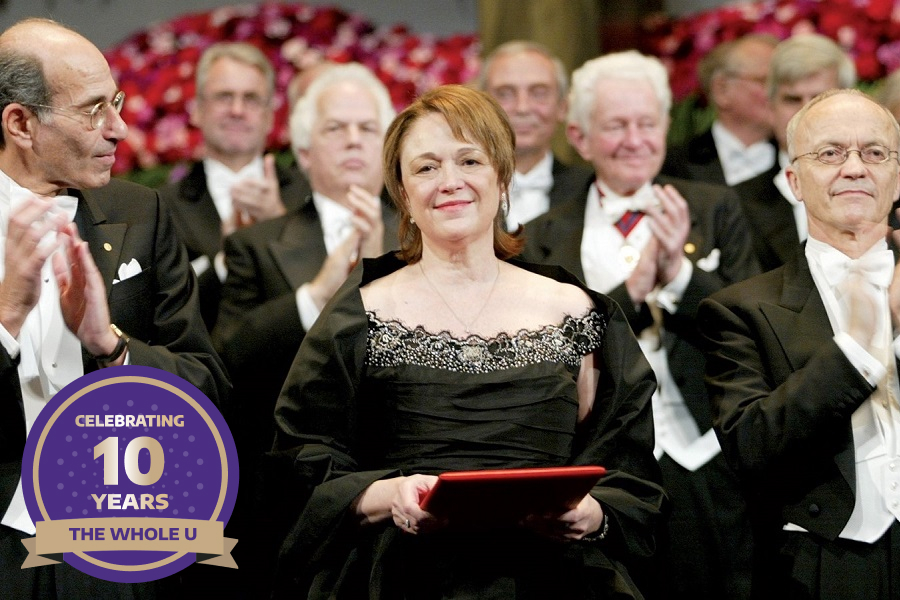
Lauding UW faculty innovators, change-makers and trailblazers this Women’s History Month
Women have played a central part in the University of Washington history, from its very first faculty member (Lucia Carr) in the 1860s and first bachelor’s degree graduate (Clara McCarty) in 1876 to the remarkably diverse learning environment it has become today. Through its eras and across its varied disciplines, countless extraordinary women have defined and redefined the institution, advancing equity through their actions and their examples. Here are a few of their stories.
 Caroline Haven Ober
Caroline Haven Ober
A suffragist, linguist and early advocate for international education, Caroline Haven Ober (1866-1929) joined the UW in 1897 as a professor of Spanish after teaching modern languages all over the American West. She founded the Department of Romance Languages at the UW, which she chaired until her death in 1929.
Beyond her area of specialty, Ober took a deep interest in many of the world’s languages and cultures. She was a leader in the Modern Language Association and American Philological Association, researched education systems in China and Japan, supported education in India and supervised one of the university’s first exchange programs.
Her exquisite collection of postcards from around the world seeded the UW Libraries’ “Greetings from the Country” postcard collection.
 Theresa McMahon
Theresa McMahon
A powerful advocate for the rights of workers and women, Theresa McMahon (1878-1961) first came to the UW in 1911 after earning her PhD at the University of Wisconsin. As the Pacific Northwest was being transformed by industrialization, the Tacoma-raised McMahon, an unapologetically “activist” professor of economics, pushed for an eight-hour workday, a minimum wage and the abolition of gender-based discrimination in the workplace. Most influential among the volumes of comprehensively researched arguments for her humanist ethic were her books: “Women and Economic Evolution” and “Social and Economic Standards of Living.”
“Mrs. Mac” was beloved by students, though her ideologies often roiled the UW administration, which threatened her dismissal on several occasions through anti-nepotism rules enacted to eliminate spousal employment (her husband, Edward McMahon, was a notable professor of history).
She retired on her own terms in 1937, wrote a memoir in 1959, and her legacy lives on through McMahon Hall, the 1960s-era high-rise student residence on east campus.
 Effie Isobel Raitt
Effie Isobel Raitt
Effie Raitt (1878-1945) was an early teacher, scholar and advocate of dietetics, the science of nutrition and human health, who led the UW’s School of Home Economics from 1912 to 1925. An influential figure in the nascent discipline, she served as president of the American Home Economics Association and vice-president of the American Dietetic Association. During the Second World War she supported a campaign touting “nutrition for national defense.”
Raitt’s publications included “The Institutional Manager (1927), “The Nature and Function of Home Economics” (1935) and “What Can Businesses Do to Remove Consumer Suspicion” (1936).
The Home Economics Building, constructed under her leadership in 1916, was renamed Raitt Hall in her honor in 1946.
 Dixie Lee Ray
Dixie Lee Ray
Before serving as chair of the U.S. Atomic Energy Commission in the Nixon administration and being elected the first female governor of the state of Washington, Dixie Lee Ray (1914-1994) was a professor at the UW.
During her tenure in the Department of Zoology from the 1940s to 1960s, the Tacoma-born Ray, who earned a PhD at Stanford, received a prestigious Guggenheim Fellowship, served as chief scientist aboard the schooner SS Te Vega during an international expedition in the Indian Ocean, hosted a popular weekly TV science show (“Animals of the Seashore”) and helped transform the nearly bankrupt Pacific Science Center into the interactive learning center it is today.
John Spellman, her successor in the governor’s office, called the lightning-rod Ray “a brilliant mind” and “one of a kind.”
 Ruthanna Boris
Ruthanna Boris
Before founding the dance program at the UW, Ruthanna Boris (1919-2007) trained under George Balanchine at the School of American Ballet and became the first American to star in the famed Ballet Russe de Monte Carlo and the New York City Ballet—where she later broke significant gender barriers in becoming one of the first respected female choreographers.
When the Brooklyn-born Boris joined the UW in 1965 to lead its first dance program, she initially taught her students in the UW Armory building, directly above the ROTC indoor shooting range. When plans were drawn for the construction of Meany Hall, she ensured that it would incorporate three proper dance studios far from the din of live weapons practice.
The academic rigor that Boris applied to the study of dance during her tenure at the UW is considered internationally groundbreaking.
 Astra Zarina
Astra Zarina
Founder of the UW Rome Center, the Latvian-born Astra Zarina (1929-2008) taught architecture for more than 30 years in Seattle and in Italy.
After graduating from the UW in 1953, she worked for Paul Hayden Kirk, the prominent modernist architect known for designing the UW Faculty Club and University Unitarian Church.
In 1960, Zarina won both a Fulbright and the American Academy in Rome Prize for architectural study in Italy. After a few years guest lecturing at the UW, she hosted its first Architecture in Rome program in 1970. In 1976, she added a second program focused on Italian hilltowns, based in the historic Civita di Bagnoregio, which she had spent a decade restoring. She founded and designed the UW Rome Center in the mid-1980s and served as its director for a decade.
A recipient of the UW Distinguished Teaching Award, Zarina retired in 2000 and lived the rest of her years in her beloved Civita.
 Nancy Hartsock
Nancy Hartsock
The influential feminist philosopher Nancy Hartsock (1943-2015) was a professor of political science and women studies (now Gender, Women and Sexuality Studies) at the UW from 1984 to 2009.
Her 1983 books, “Money, Sex, and Power: Toward a Feminist Historical Materialism” and “The Feminist Standpoint” theorized that the sexual division of labor—specifically women’s labor—should give rise to a “feminist standpoint” from which to examine systemic oppressions in a society that devalues women’s knowledge. Her 1998 “The Feminist Standpoint Revisited and Other Essays” elaborated on and extended these theories. Her work has become a vital touchstone for feminist inquiry.
Hartsock was co-founder of the Center for Women & Democracy and named a Mentor of Distinction by the American Political Science Association Women’s Caucus.
The Nancy C.M. Hartsock Prize honors each year’s best graduate paper in feminist theory.
 Margaret Levi
Margaret Levi
Since joining the UW Department of Political Science in 1974, Margaret Levi has become a giant in the fields of comparative political economy, labor politics and democratic theory. The Jere L. Bacharach Professor Emerita of International Studies is perhaps best known for her findings on the origins and effects of trustworthy (or untrustworthy) governments and compliant (or defiant) citizenry.
Levi is the author of six books and recipient of many honors, including the 2019 Johan Skytte Prize in Political Science and the 2020 Falling Walls Prize for the breakthrough of the year in social sciences and humanities.
The founder of the Harry Bridges Center for Labor Studies and past director of the Comparative and Historical Analysis of organizations and States (CHAOS) at the UW, Levi now directs the Center for Advanced Study in the Behavioral Sciences at Stanford.
 Colleen McEllroy
Colleen McEllroy
Beyond the distinction of being the first Black woman to serve as a full-time faculty member at the UW, Colleen McEllroy (1935-2023) was a prominent, versatile, elegant, fearless voice in the world of poetry.
Her prolific writing portfolio includes short stories, plays, television scripts and memoirs. But McEllroy was most renowned for her lyrical poetry, shaped by her extensive international travels and her perceptive observations of the fragile human condition and a flawed world.
Among 16 published books, her collection “Queen of the Ebony Isles” won the 1985 American Book Award. And “Sleeping with the Moon” won the 2008 PEN Oakland National Literary Award.
McEllroy, who earned a PhD at the UW in 1973, also helped hundreds of students develop their own unique voices—including current U.S. Poet Laureate Ada Limón.
 Irene Carswell Peden
Irene Carswell Peden
Irene Peden, a professor emerita of electrical engineering who joined the UW faculty in 1960, became legend for her icebreaking—and barrier-busting—studies in the Antarctic beginning in 1970. Braving -50C degree temperatures, South Pole winters and the gendered resistance of the U.S. government, the first American woman scientist on the continent’s interior developed important new methods to analyze deep glacial ice by studying the effect it has on radio waves.
For her immense contributions, Peden received the Society of Women Engineers Achievement Award in 1973, the IEEE Centennial Medal in 1984 and the U.S. Army’s Outstanding Civilian Service Medal in 1987. She was named Engineer of the Year by the National Science Foundation in 1993 and later inducted into the ASEE Engineering Educators Hall of Fame.
In the Antarctic, the Peden Cliffs were named in her honor.
 Lois Price Spratlen
Lois Price Spratlen
A longtime professor of nursing and lifetime advocate for diversity, equity and inclusion, Lois Price Spratlen (1931-2013) was both the first woman and the first person of color to serve as UW ombudsman.
A respected scholar, author, educator, activist, community-builder and philanthropist, Spratlen led the Mary Mahoney Professional Nurses Organization, endowing financial support for nursing students of African heritage. She also established the Lois Price Spratlen Foundation, which supports psychiatric nursing students in Washington state.
She and her husband, the late UW professor emeritus Thaddeus Spratlen, were UW laureate donors, giving $1 million to the university in their lifetimes.
In 2006, Lois Spratlen received the Martin Luther King Jr. Community Service Award from UW Medicine and was inducted into the Washington State Nurses Foundation Hall of Fame.
 Linda Buck
Linda Buck
Our sense of smell was a mystery before Nobel Prize winner Linda Buck, who serves on the faculties of the UW and the Fred Hutchinson Cancer Research Center. Through many years of investigation, Buck was the first person to decipher the genetic blueprint for a family of smell-receptor proteins in the nose that work in different combinations to allow our brains to identify a nearly infinite array of odors.
For these groundbreaking discoveries of odorant receptors and the organization of the olfactory system, Buck received the 2004 Nobel Prize in physiology or medicine (with Richard Axel), the foremost of a long list of honors and accolades.
Buck, whose celebrated life of inquiry began while earning her BS in microbiology and psychology at the UW in the 1970s, remains a vocal proponent of women in science.
 Edwina Satsuki Uehara
Edwina Satsuki Uehara
When Edwina Uehara was appointed to lead the UW School of Social Work in 2006, the third-generation Japanese American scholar became the UW’s first Asian American female dean. By the end of her tenure as the Ballmer Endowed Dean in Social Work, Uehara had elevated the school to international prominence.
Under her leadership, the school’s revenues nearly tripled, endowed scholarships expanded 32x and a capital campaign drew $73 million in donations. Her national “Grand Challenges for Social Work” initiative has resulted in the launch of innovative statewide programs promoting the development of behavioral health and child welfare workforces. And the school has remained consistently at or near the top of world rankings.
Uehara, who joined the School of Social Work in 1990, has received the UW Distinguished Teaching Award and was named a Fellow of the American Academy of Social Work and Social Welfare.
 Cheryl Metoyer
Cheryl Metoyer
When Cheryl Metoyer, a trailblazing Indigenous information science scholar, joined the Information School faculty in 2004, she became not only the first Native American woman to serve on the school’s faculty, but also one of the nation’s first Native American information science scholars.
Outside of her influential research and teaching at the UW, Metoyer also has worked with numerous Indigenous groups to assist with the development of their libraries, archives and museums, including her work as project director at the National Indian Education Association. She received a Rockefeller Fellowship in the Humanities and the Joint Conference of Librarians of Color Legacy Award.
Past director of the iSchool’s Indigenous Information Research Group, Metoyer is an associate professor emerita at the iSchool and adjunct associate professor emerita at the UW Department of American Indian Studies. She also serves on the UW Native American Advisory Board.
 Ana Mari Cauce
Ana Mari Cauce
Ana Mari Cauce is the 33rd president of the University of Washington—and the first woman and first Latina to serve in this capacity.
Cauce, who joined the UW in 1986, is a professor of psychology and American Ethnic Studies, with secondary appointments in the Department of Gender, Women and Sexuality Studies and the College of Education. She served as chair of American Ethnic Studies, director of the UW Honors Program, dean of the College of Arts and Sciences, university provost and executive vice president before being appointed president by the Board of Regents in 2015.
A lifelong champion of innovation and greater access and equity in higher education, she has launched such initiatives as the Global Innovation Exchange and the Husky Promise.
Cauce is a fellow of the American Academy of Arts and Sciences and National Academy of Medicine. Her many honors include the UW Distinguished Teaching Award, the Dalmas A. Taylor Distinguished Contributions Award and the James M. Jones Lifetime Achievement Award of the American Psychological Association and the Grace Hopper Exemplary Leadership and Distinguished Contribution Awards from the Society for Community Research and Action.
Feature image is of Linda Buck (center) receiving the 2004 Nobel Prize in physiology or medicine. This article features just a small sample of the innumerable remarkable women to serve on the UW faculty over the school’s history. Please share others in the comments.
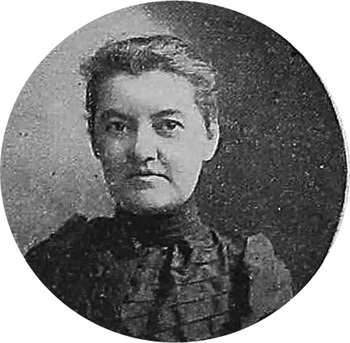
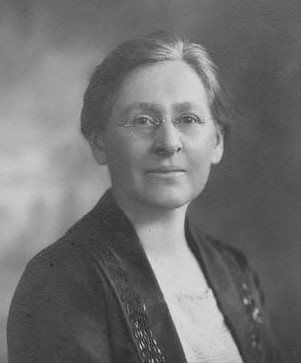
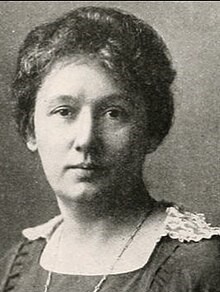
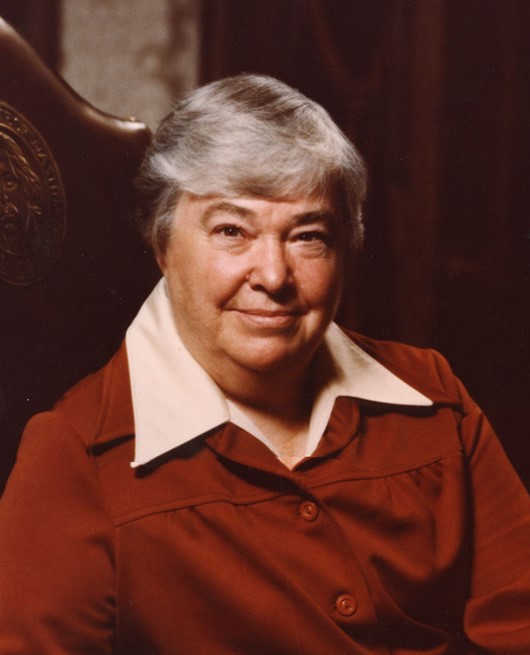
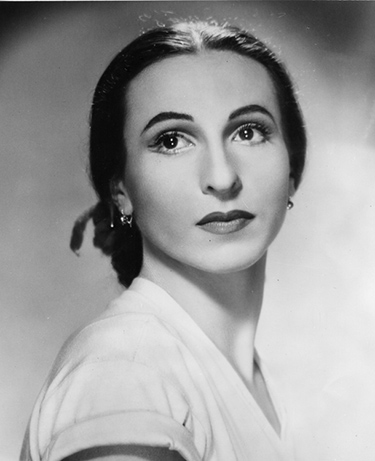
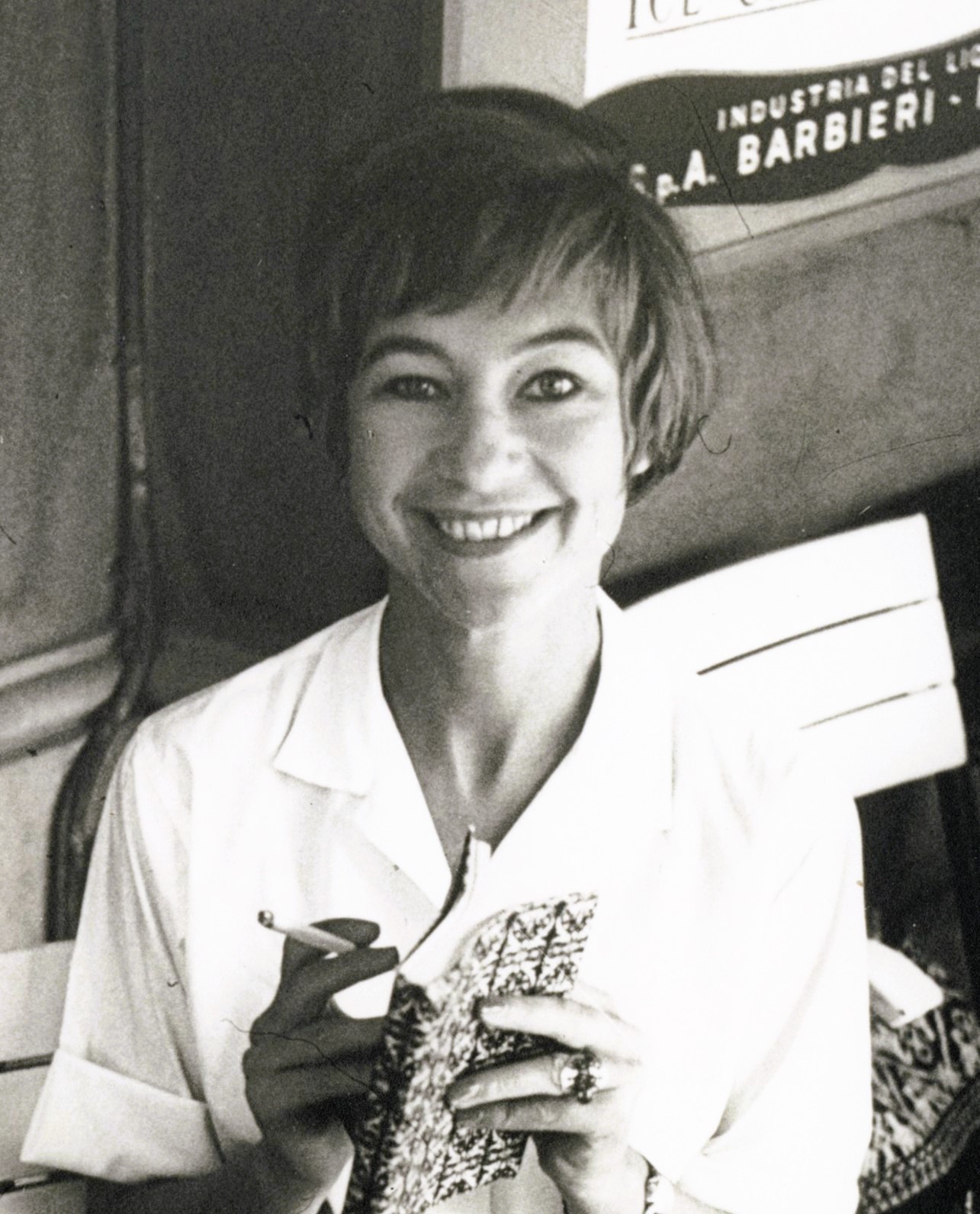
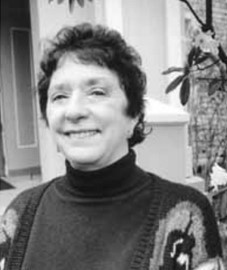
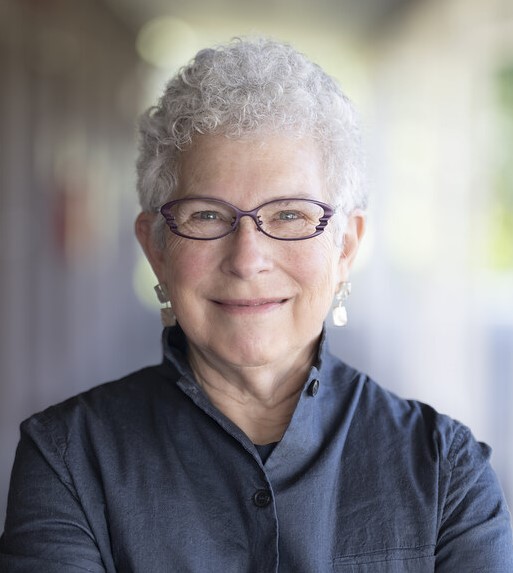
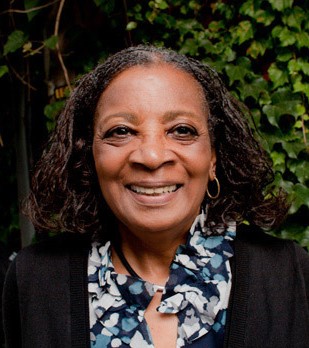
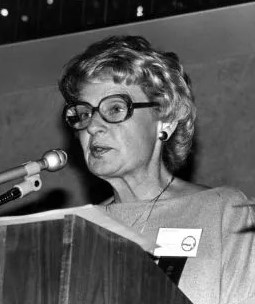
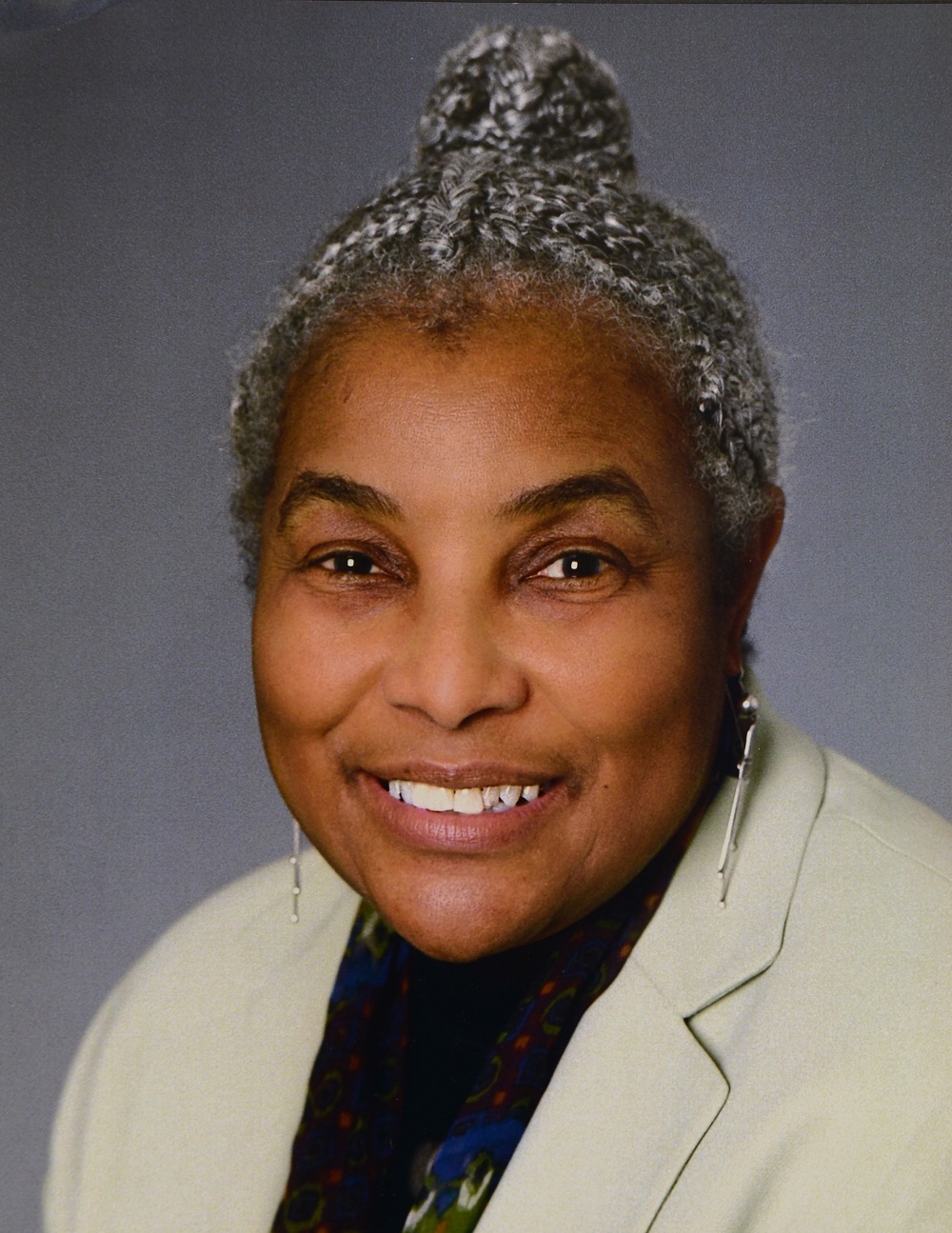
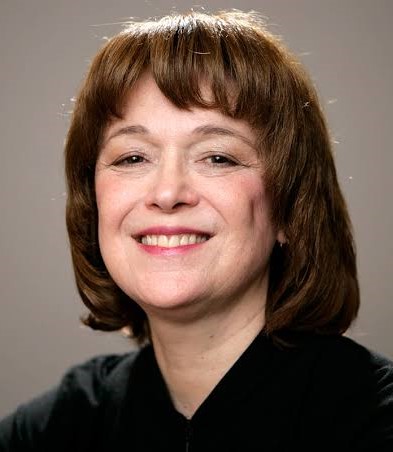
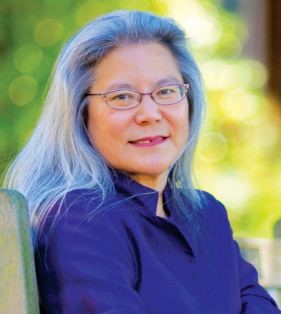
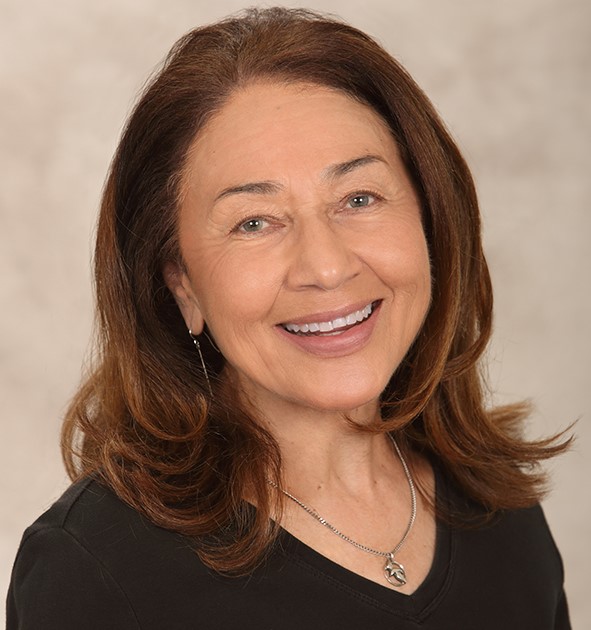
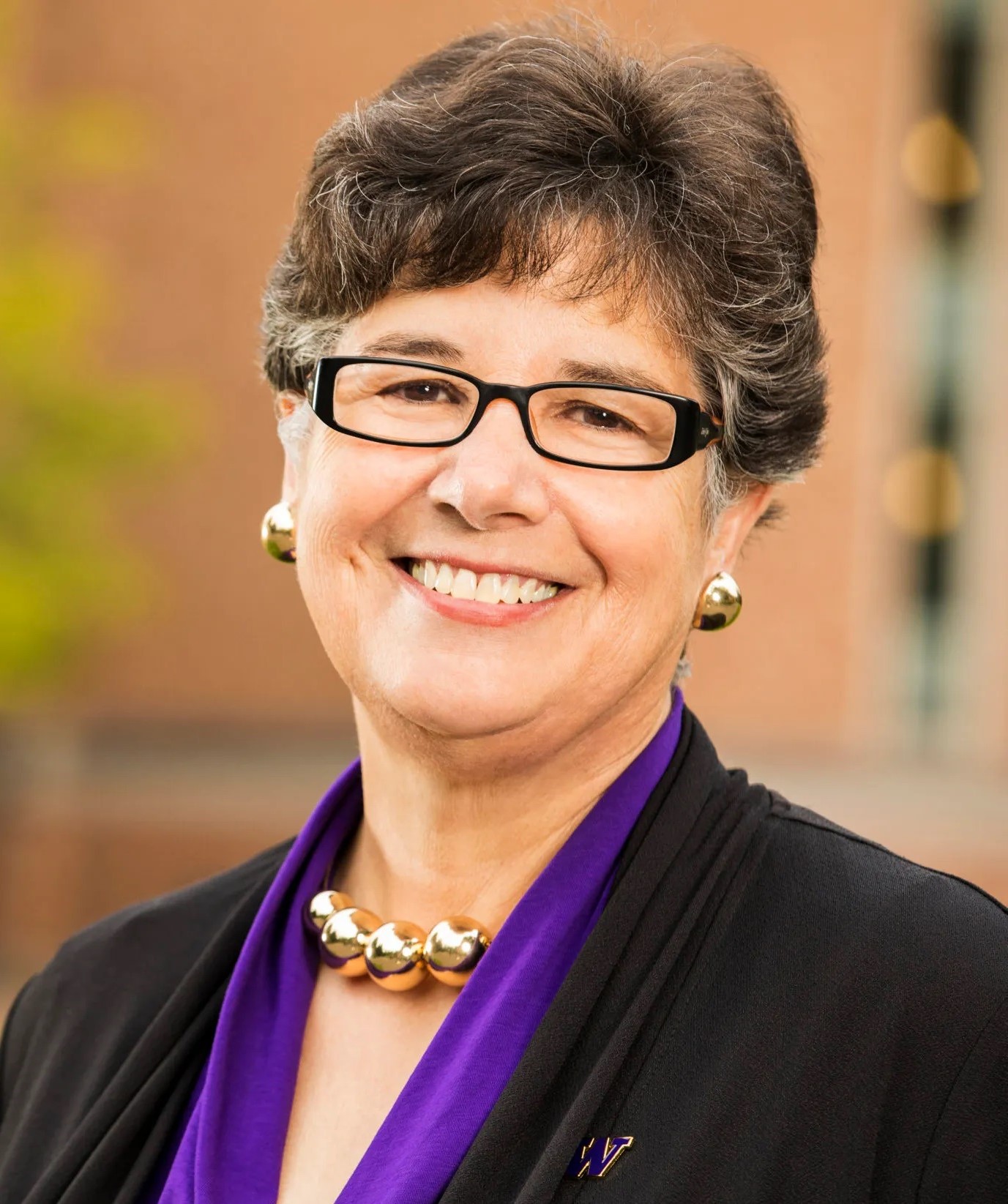
One Thought on “Lauding UW faculty innovators, change-makers and trailblazers this Women’s History Month”
On March 27, 2024 at 8:05 AM, Arthur Nowell said:
I was very sad that this list did not recognize that the first student to graduate from Uw in 1867 was a woman.
The first person to graduate from the Territorial University (which later became the University of Washington) in Seattle was Clara McCarty. She achieved this milestone in June 1876, earning a bachelor’s degree in science12. Clara’s accomplishment paved the way for generations of students who followed, making her a trailblazer in the university’s history.
Comments are closed.